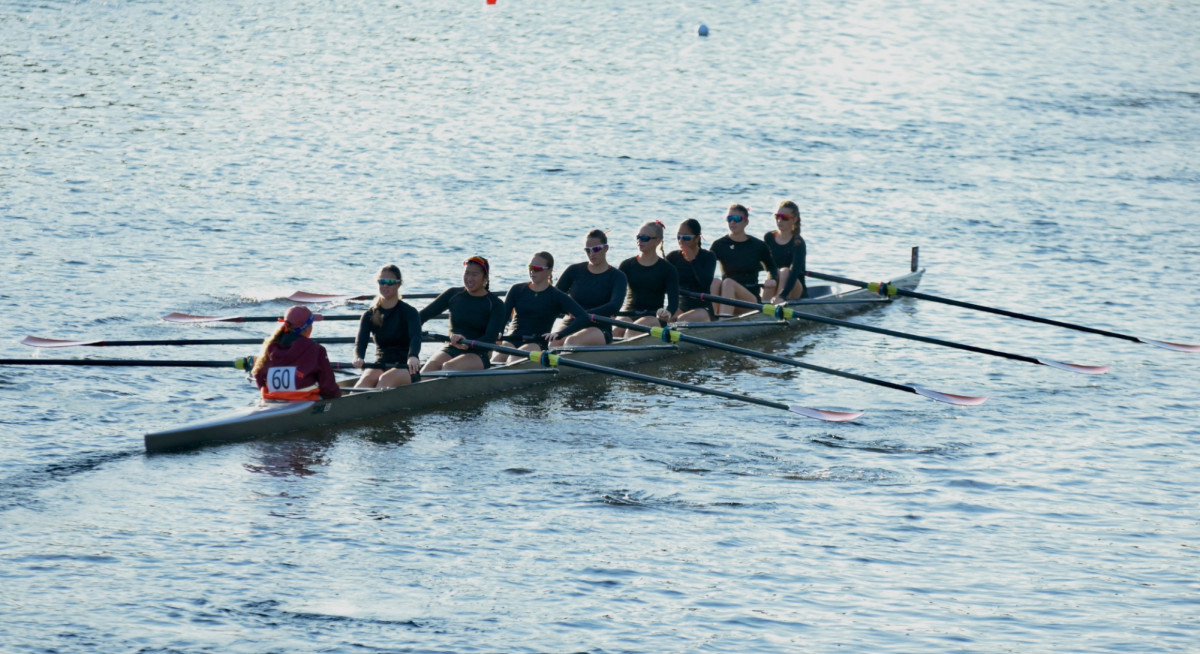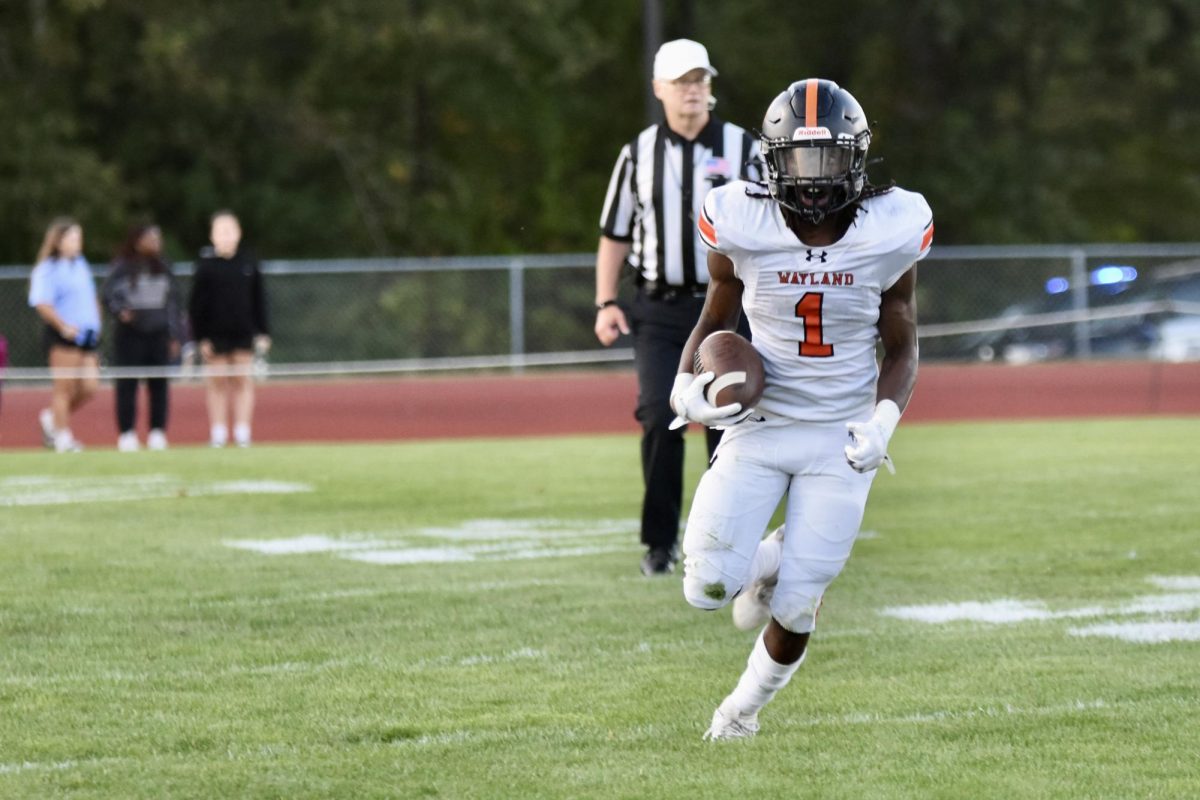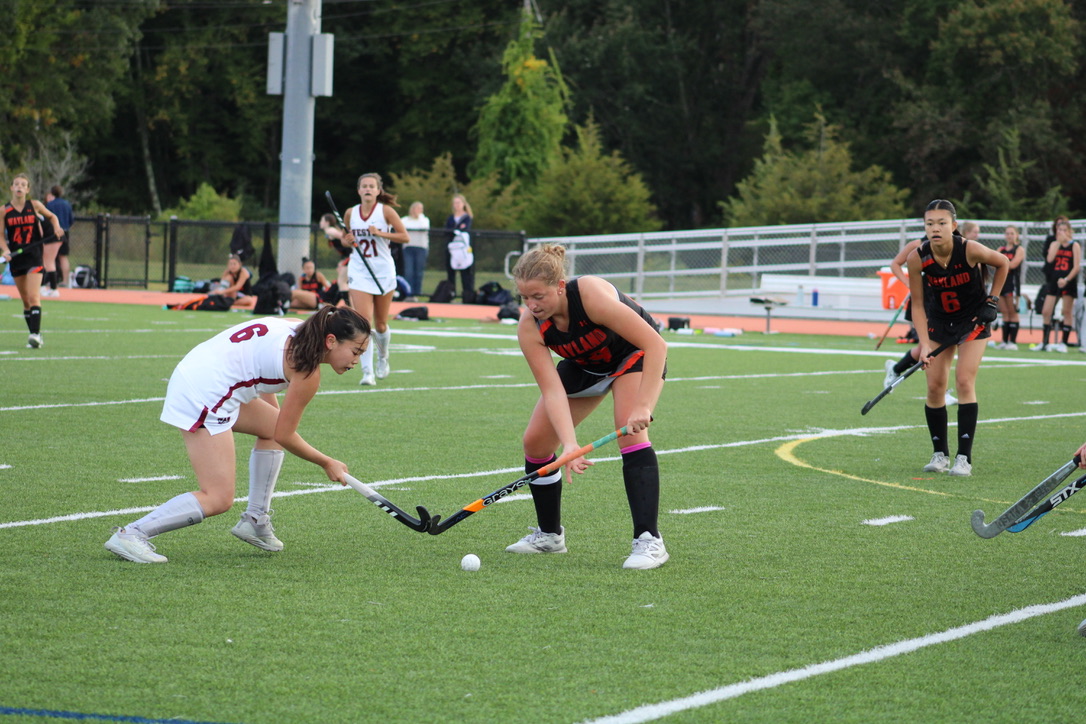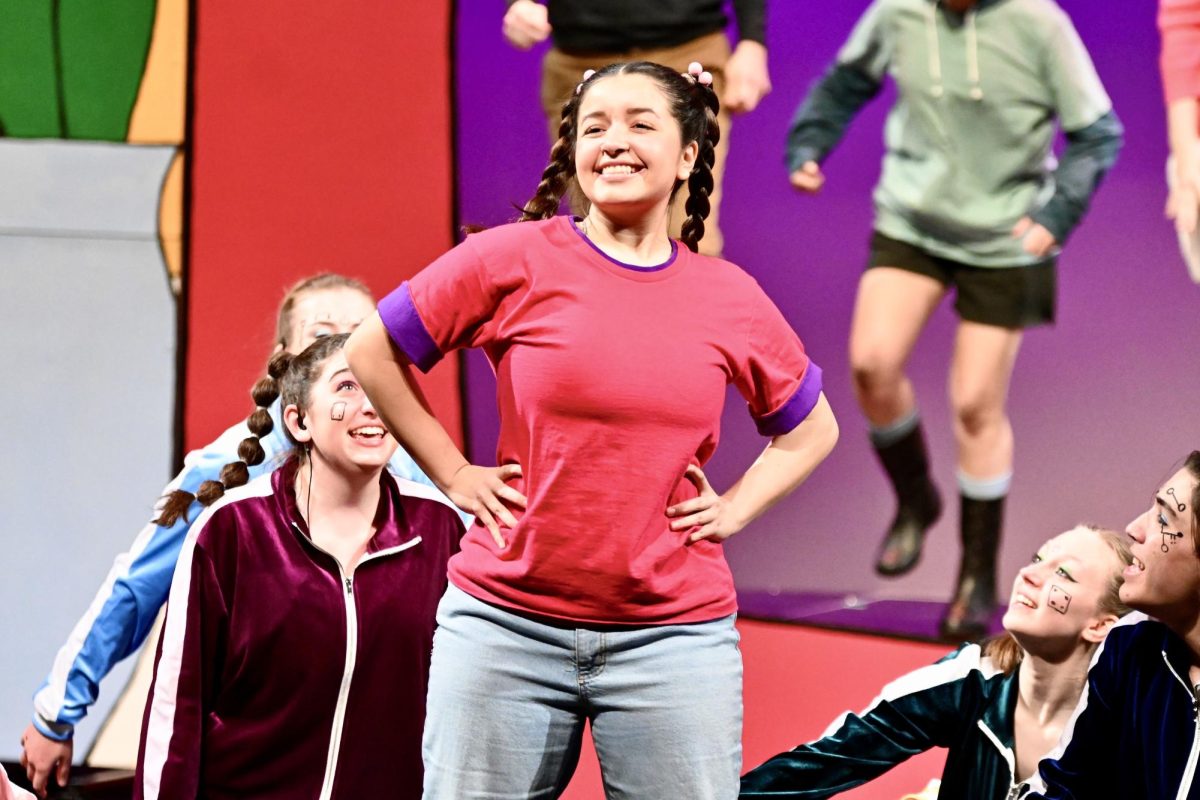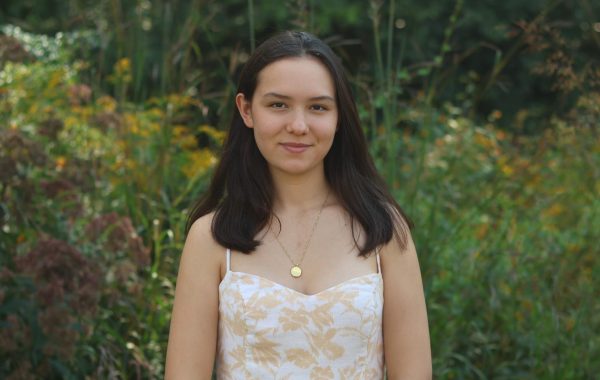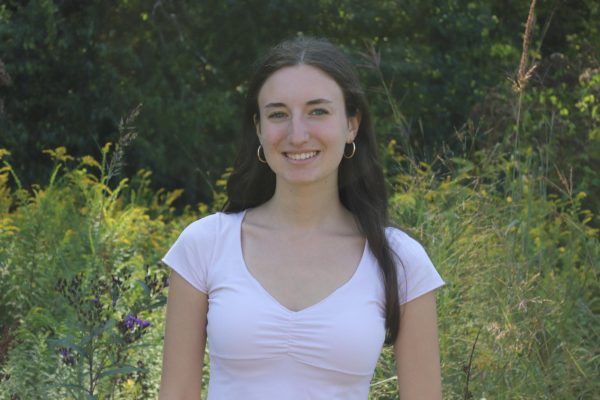The Wayland High School Theatre Ensemble (WHSTE) serves as WHS’s extracurricular theater and drama company, operating separately from the in-school acting and dramatic arts classes. The group, which meets throughout the school year, works to put on productions at WHS through the fall, winter and spring. These productions usually consist of three main shows and two smaller ones.
“We have a fall musical, a winter one-act play and typically a spring play, even though we’re doing a musical for the spring this year,” WHS theater teacher and WHSTE advisor Aidan O’Hara said. “Those are the three big umbrellas. This year, we had a Cabaret Night in winter, we’re doing a Thespian Night in May and we do senior-directed one-acts in June.”
In addition to the productions that WHSTE puts on at the high school, the group also directs several other activities, which allows them to get involved more broadly within the community. WHSTE helps lead Wayland Junior Broadway, a program which connects high schoolers and elementary schoolers who are interested in theater.
“If you ever look outside of your classroom on Wednesdays during last block and you see a horde of fifth graders coming, that’s [Wayland Junior Broadway],” senior and WHSTE member Bethany Foreman said. “This past year, we directed, choreographed and taught [elementary schoolers], and they put on a performance of the Wizard of Oz in January.”
In addition to the productions that WHSTE and its affiliated groups hold, another aspect of the theater ensemble’s yearly routine is the Massachusetts Educational Theater Guild (METG) competition. The state-wide competition runs annually, and high school theater groups from all over Massachusetts get involved to compete with each other.
“[METG] is an organization to encourage and nurture middle and high school level theater in Massachusetts,” junior and WHSTE member Lula Dunkelberg said. “There are high school and middle school individual competitions for things like monologues, scenes and musical theater, which you enter with support from your theater teacher.”
Competing in METG is one of WHSTE’s most intensive projects, with the preparation process and participation in the competition often spanning from November to March. In the METG competition, schools compete against each other and advance through the rounds before moving on to the state competition.
“WHSTE works for months picking the right show, casting, rehearsing [and assembling] an extensive set, props and costumes in order to be proud of our show, whether or not we move on,” Dunkelberg said. “WHSTE also works very hard dealing with the organization side of [the competition], from hosting to [arranging] technical rehearsals.”
On March 2, seven other schools will come together at WHS to perform a full day of shows from 9 a.m. to 4:30 p.m for the preliminary round of the METG contest. The competition will be open to any spectators who would like to watch the productions.
“We have a benefit performance [of WHSTE’s METG production] on March 1, the night before the METG competition, just to get [the production] on its feet and practice in front of an audience,” Foreman said. “Come to our show, and also come to Festival Day on March 2 to support us.”
Between WHSTE’s numerous productions, competitions and other activities, there are also several opportunities for students who are interested in WHSTE to join the group at any point in the school year. Whether as an actor on stage, a member of the design and technical theater team or even as part of the social media and marketing team, WHSTE has an abundance of different roles that need to be filled.
“There’s a lot of different roles that someone could get involved in for a student who wants to get involved in WHSTE,” O’Hara said. “There might be an unsettled feeling of not knowing exactly what [getting involved] might feel like, but I think pretty quickly people get their bearings and understand how they can contribute.”
Beyond the shows, competitions and multitudes of roles that members of WHSTE get to participate in, according to several group members, the sense of community that WHSTE provides is why many of its members return year after year.
“I think it’s the collaborative nature of coming together to work on a project that’s whole meaning is bigger than any one person,” O’Hara said. “Bringing together any story, project or musical to its fruition involves, depending on the seasons, upwards of 60 or 70 people contributing. I think there’s something really powerful about being part of something that’s bigger than oneself.”










